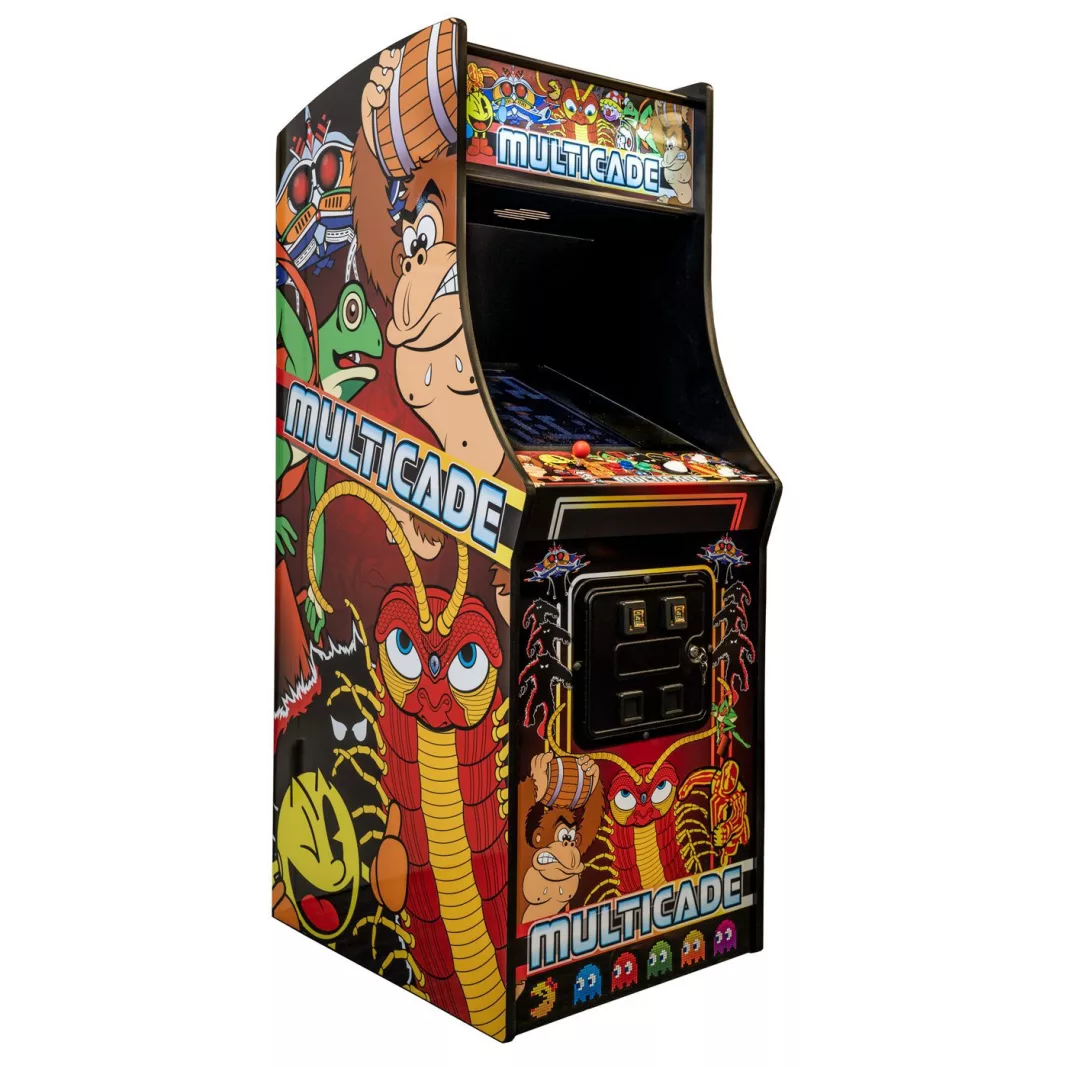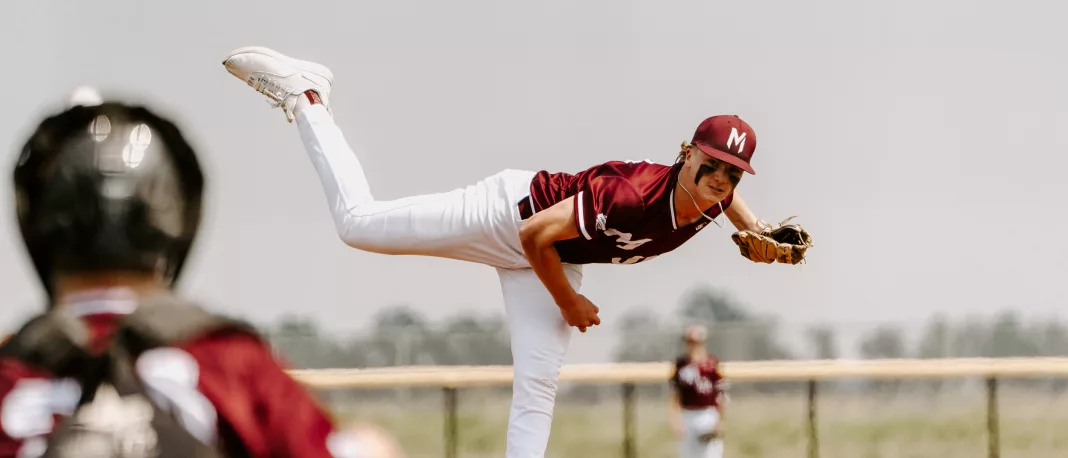 Key Media Outlets Unite in Copyright Conflict with OpenAI and Microsoft
Key Media Outlets Unite in Copyright Conflict with OpenAI and Microsoft
In a groundbreaking turn of events, eight prominent regional newspapers have come together to file a copyright lawsuit against AI tech giants OpenAI and Microsoft. This marks yet another blow for the companies, as the journalism industry accuses them of illegally using their content to train their AI language models.
The lawsuit, filed by the newspapers in New York, alleges that OpenAI and Microsoft have been “purloining millions of the publishers’ copyrighted articles without permission and without payment” to fuel their generative AI software. The newspapers argue that while the tech giants have invested in building and operating generative AI products, they have neglected to compensate the content creators whose work is being used.
The complaint highlights examples of chatbots offering entire news articles, some of which were verbatim copies from the newspapers’ paywalled websites. This infringement on intellectual property rights raises concerns for the journalism industry as a whole, and the publishers argue that it is not just a business problem but a critical issue for civic life in America.
The lawsuit was brought forth by eight regional daily newspapers owned by hedge fund Alden Global Capital. These newspapers include the New York Daily News, Chicago Tribune, Orlando Sentinel, South Florida Sun Sentinel, San Jose Mercury News, Denver Post, Orange County Register, and St. Paul Pioneer Press. They are represented by Rothwell, Figg, Ernst & Manbeck, a Washington-based law firm that is also representing The New York Times in its separate copyright infringement lawsuit against OpenAI and Microsoft.
The New York Times filed its lawsuit in December, claiming that ChatGPT and Copilot are direct competitors diverting internet traffic away from the newspaper’s online edition. The Times provided evidence of chatbots reproducing excerpts of its articles, including a Pulitzer Prize-winning investigative series and a renowned food critic’s restaurant review. Additionally, The Times alleged that OpenAI’s GPT-4 falsely attributed product recommendations to its product reviews site, Wirecutter.
This conflict between media outlets and AI giants has raised important questions about the ethics and legalities surrounding the use of copyrighted content in AI training. As AI continues to advance and become an integral part of our lives, it is crucial to establish clear guidelines and regulations to ensure fair compensation for content creators.
OpenAI, valued at nearly $30 billion, has gained significant prominence in the global AI landscape. The company has transformed from a research-focused startup into a profitable entity with a capped-profit structure. This means that investors’ profits are limited to 100 times their original investment, with any excess funds being allocated to OpenAI Inc, a nonprofit organization.
The lawsuit against OpenAI and Microsoft represents a pivotal moment in the ongoing copyright conflict between media outlets and AI giants. As the legal battle unfolds, the outcome will not only impact the involved parties but also shape the future of AI development and its relationship with content creators. The resolution of these issues will determine whether AI can truly coexist with journalism and uphold the principles of intellectual property rights in the digital age.


